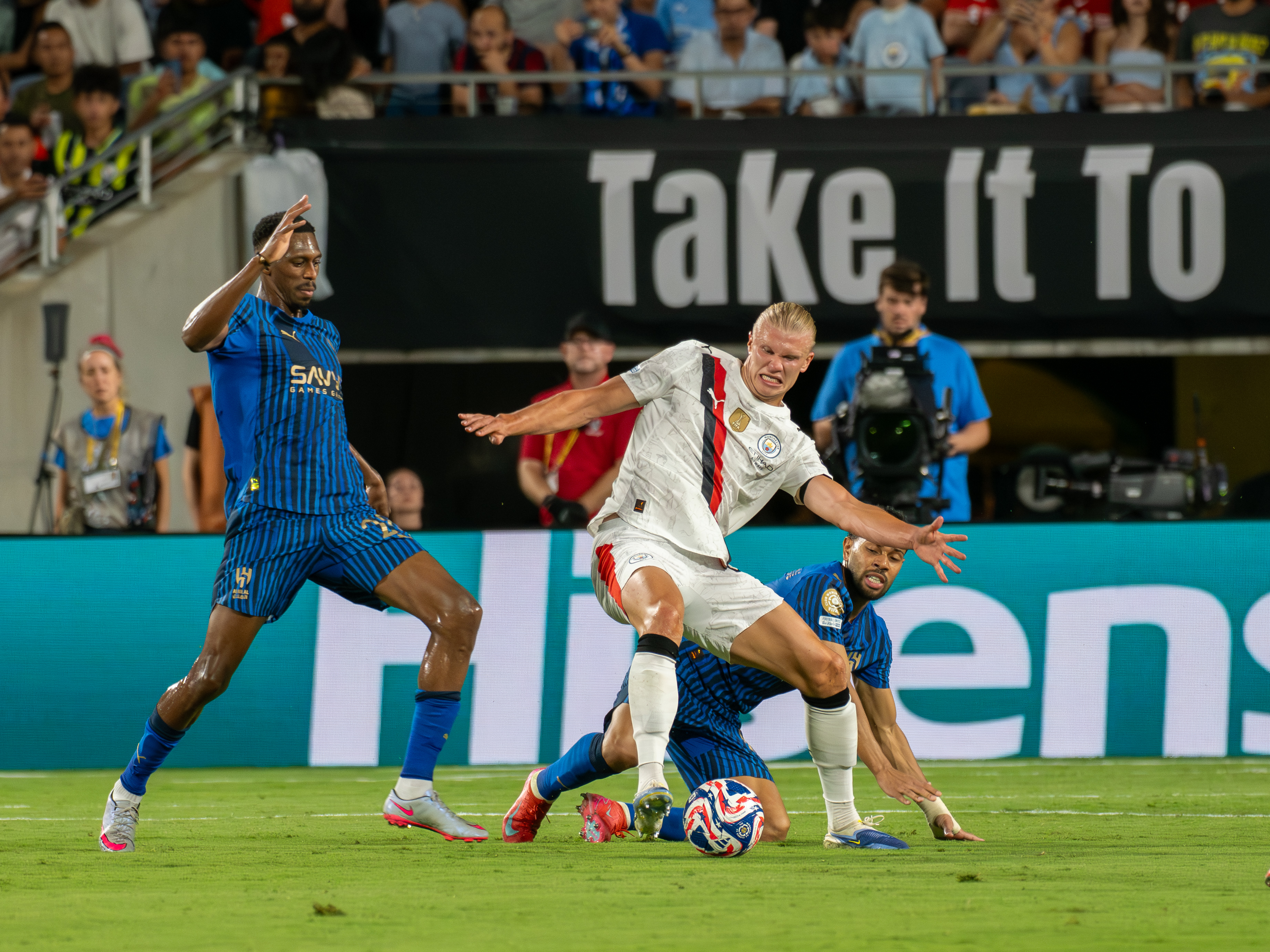When Rest Becomes Rebellion: MLS's All-Star Rule Exposes League's Growing Pains

Key Takeaways
- When Rest Becomes Rebellion: MLS's All-Star Rule Exposes League's Growing Pains
- Full match report with key moments and analysis
The numbers paint a picture of exhaustion that Major League Soccer seems unwilling to see. Through July 19, 2025, Lionel Messi has played 33 games across all competitions in just 29 weeks—more than one match per week. Add the five preseason friendlies across three continents—Las Vegas, Peru, Panama, Honduras, and Tampa—and we're looking at 38 matches before August. Yet MLS decided what this 38-year-old legend needed wasn't rest, but punishment for missing their midweek marketing showcase.
The Cost of Mandatory Attendance
On Friday, MLS suspended Messi and teammate Jordi Alba for Saturday's crucial match against FC Cincinnati—the Eastern Conference leaders—because they chose not to participate in Wednesday's All-Star Game. The rule is straightforward: skip the exhibition without a medical excuse, miss your next regular season match.
Inter Miami co-owner Jorge Mas didn't mince words, calling the punishment "draconian." As he explained, "They don't understand the decision. They don't understand why not attending an exhibition match leads directly to a suspension."
The timing couldn't be worse. Miami sits seven points behind Cincinnati with games in hand, making Saturday's match vital for their playoff positioning. Instead of fielding their best lineup against the conference leaders, they'll be without their two most experienced players—all because of an outdated attendance policy.
A Schedule That Demands Respect
Consider Messi's complete 2025 workload:
- 5 preseason games across North, Central, and South America
- 21 MLS regular season games (19 appearances)
- 8 CONCACAF Champions Cup matches (7 played)
- 4 FIFA Club World Cup games
- 2 World Cup qualification matches for Argentina (missed 2 due to injury)
That's 38 total matches through July, not counting training sessions, travel, and recovery time. As coach Javier Mascherano pointed out, "We're the MLS team that's played the most games so far this semester, by far."
The Global Soccer Reality
Unlike other North American sports where All-Star games are traditional summer spectacles, soccer operates on a global calendar. Inter Miami isn't just competing in MLS—they're representing the league in international competitions, facing elite teams from Mexico, South America, and Europe. Their players aren't just local stars; they're international athletes with World Cup qualification duties.
When Miami traveled to Lima's 80,000-seat Estadio Monumental in January, or to Panama City and Honduras for preseason friendlies, it wasn't just about preparation—it was about building the league's international brand. Every stadium wants Messi. Every promoter wants to sell tickets using his name. The irony is that while MLS benefits from this global attention, it still enforces parochial rules that ignore the realities of modern soccer.
Players as People, Not Products
Jorge Mas revealed that it was the club's decision to rest Messi and Alba, prioritizing "the health and wellness of both players over the league's event." This wasn't player rebellion—it was responsible squad management. Yet MLS treated it as insubordination.
The precedent exists: in 2018, Zlatan Ibrahimović called his suspension for missing the All-Star Game "ridiculous," noting he came from "the real world." Seven years later, MLS still hasn't learned the lesson.
Time for Evolution
Even Commissioner Don Garber acknowledged the contradiction in his statement: "I don't think there's a player—or anyone—who has done more for Major League Soccer than Messi." He promised to "take a hard look at the policy moving forward." But why wait? The damage is already done.
As MLS prepares to align with the FIFA calendar, perhaps it's time to reconsider the All-Star Game entirely. The NFL moved its Pro Bowl to after the season, turning it into a celebration rather than a mid-season obligation. MLS could do the same—make it a fun, optional event that celebrates the season rather than disrupts it.
The Bigger Picture
This isn't just about Messi or one missed exhibition. It's about MLS deciding what kind of league it wants to be. Does it want to be taken seriously as a global soccer destination, attracting and retaining world-class talent? Or does it want to cling to outdated traditions that prioritize corporate partnerships over player welfare?
As Mas noted, there were six MLS games Friday night, less than 48 hours after the All-Star Game. "That's not right," he said. "That's not right to the players."
The solution isn't complicated. Create exemptions for players over 35 with significant international commitments. Make the All-Star Game voluntary with incentives for participation. Or better yet, recognize that in 2025, protecting your star players' health is more valuable than forcing them to attend what amounts to a Wednesday night commercial.
Looking Forward
Mas confirmed that if faced with the same situation next year, the club would make the same decision. The question is whether MLS will evolve its policies or continue enforcing rules designed for a different era.
Soccer has changed. The players have changed. The global landscape has changed. Inter Miami has played more games than any other MLS team, competed on three continents, and still delivered spectacular performances. They've earned the right to make informed decisions about their players' fitness.
The All-Star Game survived without Messi. What MLS should worry about is whether their outdated policies will survive in an era where player welfare and intelligent squad management are recognized as essential to success. As the league considers aligning with the FIFA calendar, perhaps it's time to align their thinking with the modern game as well.
Because when you suspend your biggest draw for prioritizing his health over a marketing event, you're not protecting tradition—you're protecting obsolescence.
